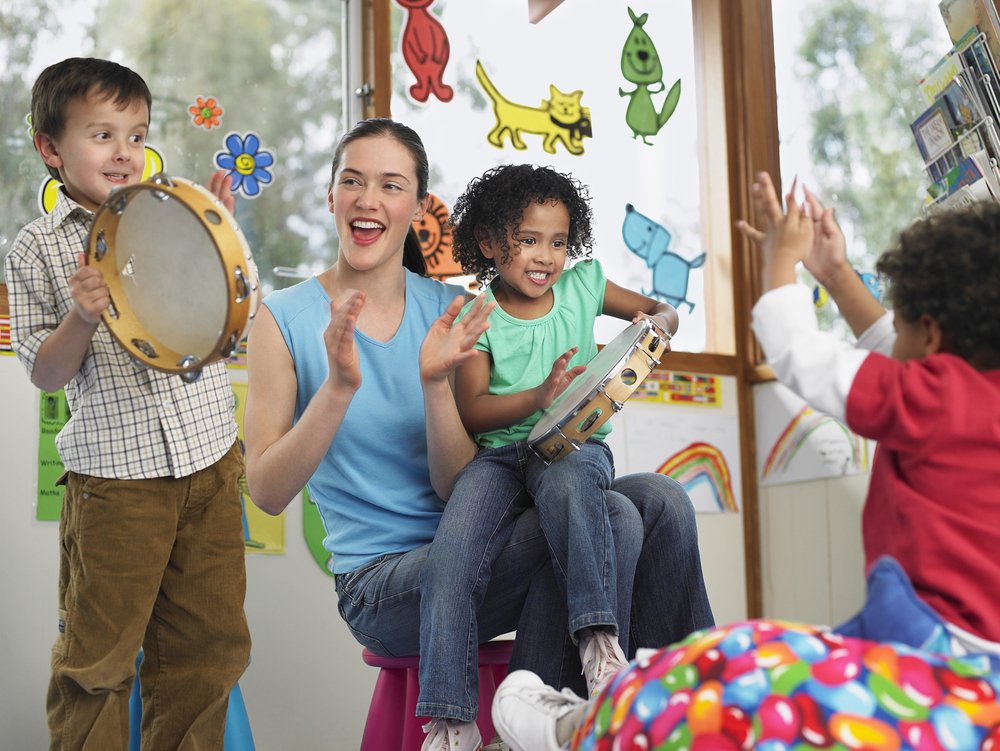Key points:
- Professor Susan Hallam’s research underscores the importance of musical skills in childhood and beyond through “transfer of learning.”
- “Transfer of learning” means that developing one skill can positively influence other related abilities or domains.
- Early exposure to music, even just listening, benefits a child’s life by enhancing perceptual skills, literacy, coordination, and reasoning.
- Sharing and enjoying music with your child helps their overall development in multiple ways.
Since the early 90s, professor of psychology Susan Hallam, from the University College London, has set out to study how musical skills might be related to other skills, especially during critical moments of children’s development. Her studies advocate for the importance of musical skills during and beyond childhood, and are based on a process called “transfer of learning”.
Transference of learning refers to the phenomenon where if two or more activities share many subordinated skills or brain pathways, when a person gets better at one skill in particular, it actually influences other domains of abilities or development. The most commonly cited example is that of automatically processing music and language: a person uses the same set of neural skills to read and comprehend the meaning of either musical notes or letters. We can also transfer our skills in a more reflected and conscious manner, like when we use our hearing of an emotive song in order to process some feelings, or when we love an album so much that we end up exercising our memory skills by memorizing the lyrics by heart.
Hallam’s findings suggest that engaging with music from an early age, even just listening to it, has lasting benefits through a child’s life. Developing your child’s musical skills is also beneficial for their perceptual skills, literacy, gross motor development, body coordination, and conceptual reasoning. Beyond having a fun time together, when you share the music you love with your little one, sing together, or dance to a cool beat, you are actually helping multiple aspects of their development!








